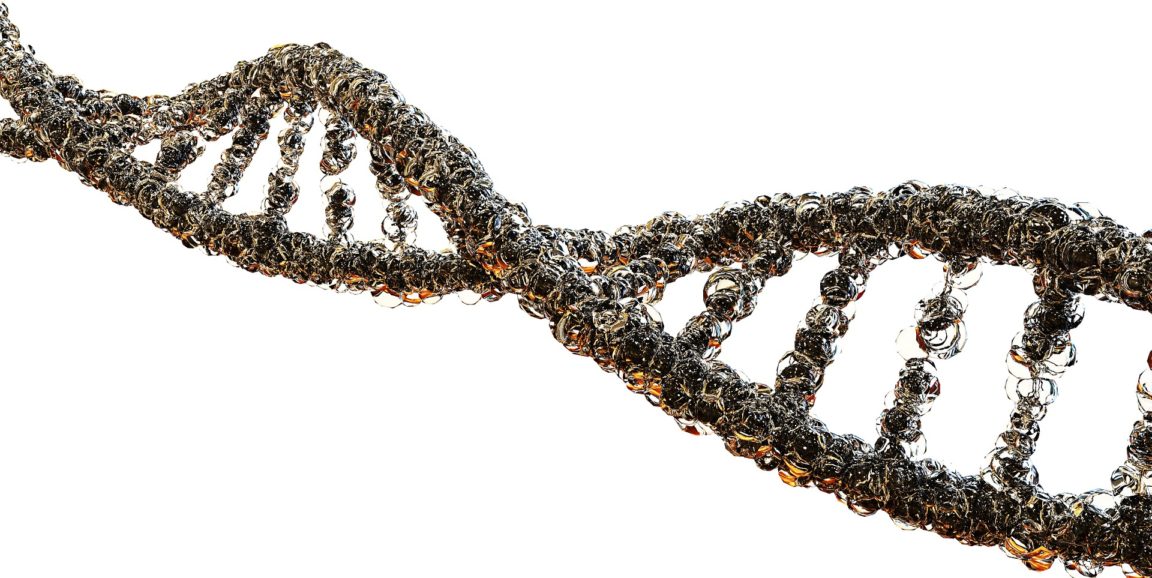New technology and access to large databases are fundamentally changing how researchers investigate the genetic roots of psychiatric disorders.
"In the past, a lot of the conditions that people knew to be genetic were found to have a relatively simple genetic cause. For example, Huntington's disease is caused by mutations in just one gene," said Laramie Duncan, PhD, an assistant professor of psychiatry and behavioral sciences at Stanford. "But the situation is entirely different for psychiatric disorders, because there are literally thousands of genetic influences on every psychiatric disorder. That's been one of the really exciting findings that's come out of modern genetic studies."
These findings are possible thanks to genome-wide association studies (GWAS), which test for millions of genetic variations across the genome to identify the genes involved in human disease.
Duncan is the lead author of a recent commentary in Neuropsychopharmacology that explains how GWAS studies have demonstrated the inadequacy of previous methods. The paper also highlights new genetic findings for mental health.
Before the newer technologies and databases were available, scientists could only analyze a handful of genetic variations. So they had to guess that a specific genetic variation (a candidate) was associated with a disorder -- based on what was known about the underlying biology -- and then test their hypothesis. The body of research that has emerged from GWAS studies, however, show that nearly all of these earlier "candidate study" results are incorrect for psychiatric disorders.
"There are actually so many genetic variations in the genome, it would have been almost impossible for people to guess correctly," Duncan said. "It was a reasonable thing to do at the time. But we now have better technology that's just as affordable as the old ways of doing things, so traditional candidate gene studies are no longer needed."
Duncan said she began questioning the candidate gene studies as a graduate student. As she studied the scientific literature, she noticed a pattern in the data that suggested the results were wrong. "The larger studies tended to have null results and the very small studies tended to have positive results. And the only reason you'd see that pattern is if there was strong publication bias," said Duncan. "Namely, positive results were published even if the study was small, and null results were only published when the study was very large."
In contrast, the findings from the GWAS studies become more and more precise as the sample size increases, she explained, which demonstrates their reliability.
Using GWAS, researchers now know that thousands of variations distributed across the genome likely contribute to any given mental disorder. By using the statistical power gleaned from giant databases such as the UK Biobank or the Million Veterans Program, they have learned that most of these variations aren't even in the regions of the gene's DNA that code for proteins, where scientists expected them to be. For example, only 1.1 percent of schizophrenia risk variants are in these coding regions.
"What's so interesting about the modern genetic findings is that they are revealing entirely new clues about the underlying biology of psychiatric disorders," Duncan said. "And this opens up lots of new avenues for treatment development."
Photo by LionFive




